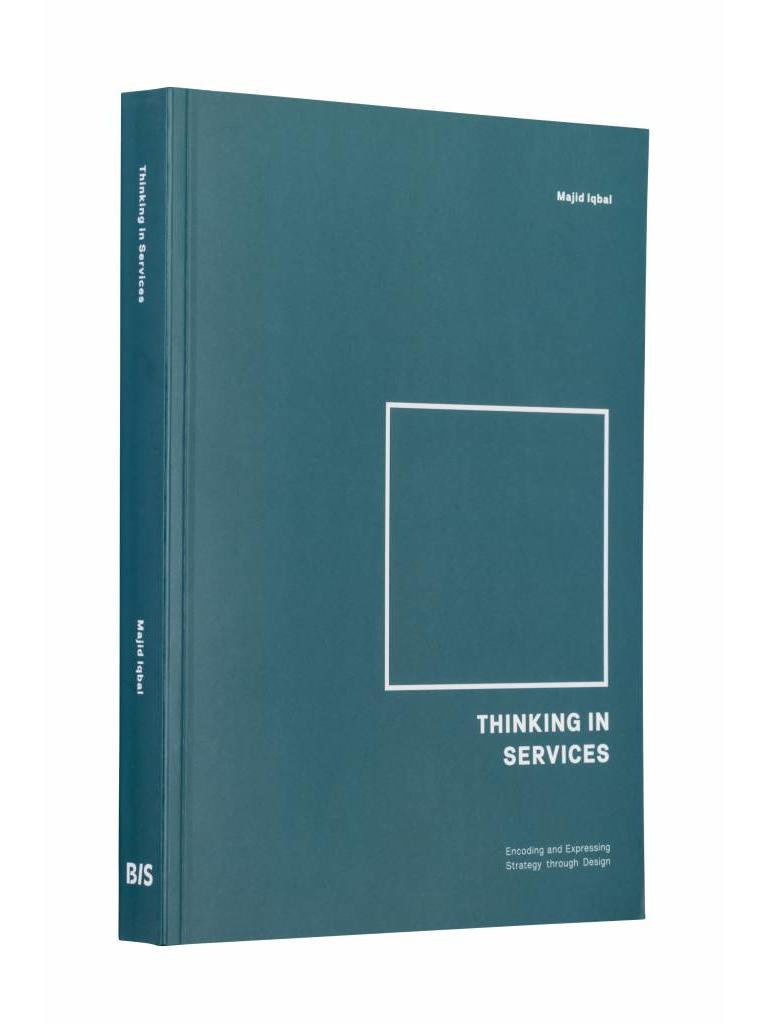Thinking in Services: Grokking the Fundamentals is an opportunity to deepen your understanding of services in terms of what they are, what they can be, and why they even exist; why they fail in unexpected ways. For that you will learn to see the designs of services with new eyes for new perspectives.
Thinking in Services: Grokking the Fundamentals
Out of stock
Description
Thinking in Services: Grokking the Fundamentals
Thinking in Services: Grokking the Fundamentals is an opportunity to deepen your understanding of services in terms of what they are, what they can be, and why they even exist; why they fail in unexpected ways. For that you will learn to see the designs of services with new eyes and new perspectives.
Whether you participate from the point of view of a customer or a service provider (in industry, government, or nonprofit), at the end of a three-day program, you will be able to, better than before:
- communicate the concept of a service with clarity and depth
- apply systems thinking to service design
- analyze problems, identify fail points and fault lines
- systematically improve designs
Whether your goal is to get better at developing ideas and concepts for new services, or at improving the designs of existing ones, you will learn with a small group of peers and professionals, going through a series of short lessons and exercises. The standard version of the program spans three consecutive days. The extended version spans four days: two consecutive days in two separate weeks with a break in between.
| Length | Standard Version: 3 consecutive days Extended Version: Spans 4 days |
| Target group | This course is for a broad audience and therefore provides a transdisciplinary view into the thinking that goes into the designs of services. |
| Materials | You will receive a copy of the Thinking in Services book by Majid Iqbal, a workbook with exercises and templates, and the Story Boards cards – useful in setting up the 16x frame as a canvas for a collaborative design effort anywhere there is table space. |
| Prerequisites | No prerequisites required. |
Course content
Day 1
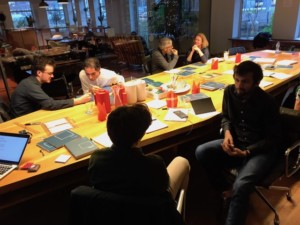
You will learn to succintly describe the concept of a service in two-word phrases (base values), construct and deconstruct value propositions in a special format (stereotypes), and to distinguish different kinds of services across a spectrum. You will then learn to see the designs of services through three bifocal lenses: motivations & expectations, arrangements & agreements, and outcomes & experiences.
Day 2
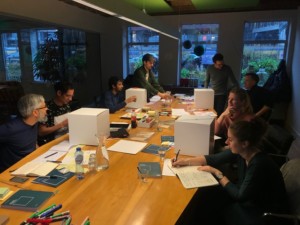
Next, you will learn to use four simple questions – who, why, how, and what – to systematically inquire about the need for a service and the ability to fulfill it. You will learn to qualify the answers using when and where to frame the service as a set of four promises. You will then see the eight feedback loops found in every service, thereby viewing even the simplest of services as a system that adapts to changes in demand or supply.
Day 3
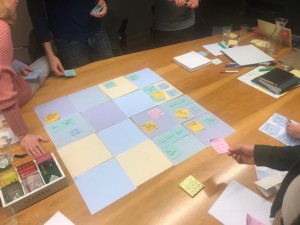
You will examine a case in which there aren’t simple solutions for a service failing to meet the expectations. You will learn to use the 16x frame – a 4×4 matrix of the 16 elements of design found in every service – to analyze the problem, identify fail points and fault lines. You will develop two kinds of checklists: (1) Design audit for existing services (2) Research plan for new service development.
Day 4 (Extended Version Only)
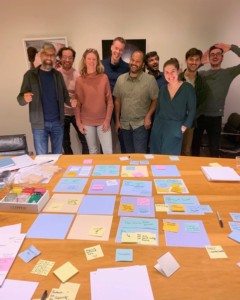
You will identify changes to the design to improve the qualities of outcomes, experiences, and price. You will then revise the story threads. You will then use the embedded logic of the 16x frame to solve the puzzle again. From the revised frame you will generate a new narrative that communicates a significantly improved design.
Then onwards
Then onwards you will have new levels of appreciation for the thinking that goes into goods designs. In the process you will upgrade your skillset to cover trickier problems (e.g., customers and users not only not the same but also with conflicting interests), in dynamic environments (i.e., continuous integration and continuous deployment), in markets where pricing is a critical success factor.
Request Information
Please select your inquiry type below, then fill out the form and we’ll get in touch with you.
Additional information
| City | Stockholm, Washington DC |
|---|---|
| Training Provider | Design Code LLT, Insperio |

